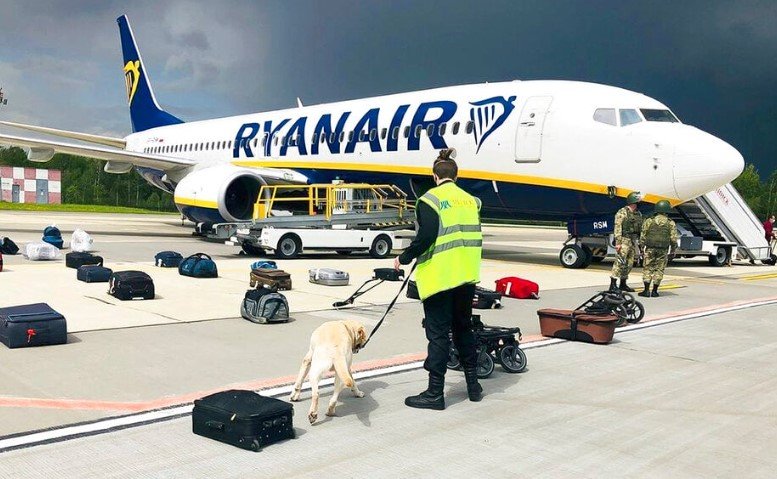The European Union is tightening the screws on Russia yet again. Its latest move? A fresh round of sanctions aimed squarely at airlines that continue to operate domestic flights within Russian territory. The new restrictions could have major consequences for foreign carriers, particularly those from third-party nations looking to do business in Russia’s aviation sector.
A New Front in EU’s Economic Pressure Campaign
The European Commission made its stance clear: any non-Russian airline found flying domestic routes within Russia or supplying aviation products to Russian airlines is at risk of sanctions. This expansion of penalties is meant to close loopholes and ensure that EU aviation bans remain effective.
If added to the sanctions list, these airlines would face an immediate ban from operating in EU airspace. That means no flights to, from, or over any EU member state. The move signals Brussels’ intent to further isolate Moscow’s aviation industry, which has already been struggling under Western restrictions.
Russia’s Domestic Aviation: Who’s Affected?
So far, domestic routes in Russia are still dominated by Russian airlines. However, reports suggest that could change soon. According to Interfax, Russia’s Ministry of Transport has hinted at opening up its internal flight market to foreign carriers. If that happens, any non-Russian airline willing to take on these routes could find itself in the EU’s crosshairs.

For now, it’s unclear which, if any, international airlines might be interested in entering the Russian domestic market. But the warning is clear: doing so could mean getting locked out of Europe.
Closing Loopholes in the Sanctions Regime
This latest package reflects the EU’s continued effort to refine its sanctions and prevent circumvention. Previous restrictions targeted aircraft leasing, spare parts, and maintenance support for Russian airlines. However, some foreign entities have found ways to bypass these rules.
- The EU’s aviation sanctions initially focused on restricting aircraft sales and leasing to Russian airlines.
- Over time, Russia adapted by shifting aircraft ownership structures and relying on third-country suppliers.
- This new round of sanctions aims to cut off remaining workarounds by directly targeting foreign operators aiding Russian aviation.
By expanding its restrictions to foreign airlines, the EU hopes to eliminate any remaining backdoors that allow Russia to sustain its aviation industry despite Western pressure.
What Comes Next?
The EU has been steadily increasing economic pressure on Russia since the invasion of Ukraine in 2022. Each round of sanctions has sought to further weaken Moscow’s ability to operate both economically and militarily. This 16th package suggests that Brussels remains committed to tightening restrictions where it sees vulnerabilities.
Russia, meanwhile, has continued to seek alternatives. Whether through partnerships with non-Western nations or by increasing domestic production of aviation components, Moscow has been working to counteract the impact of sanctions. The question now is whether foreign airlines will risk potential blacklisting by the EU in order to operate in Russian airspace.
One thing is certain: the EU isn’t backing down, and for airlines looking at Russia’s domestic market, the risks just got a whole lot bigger.
